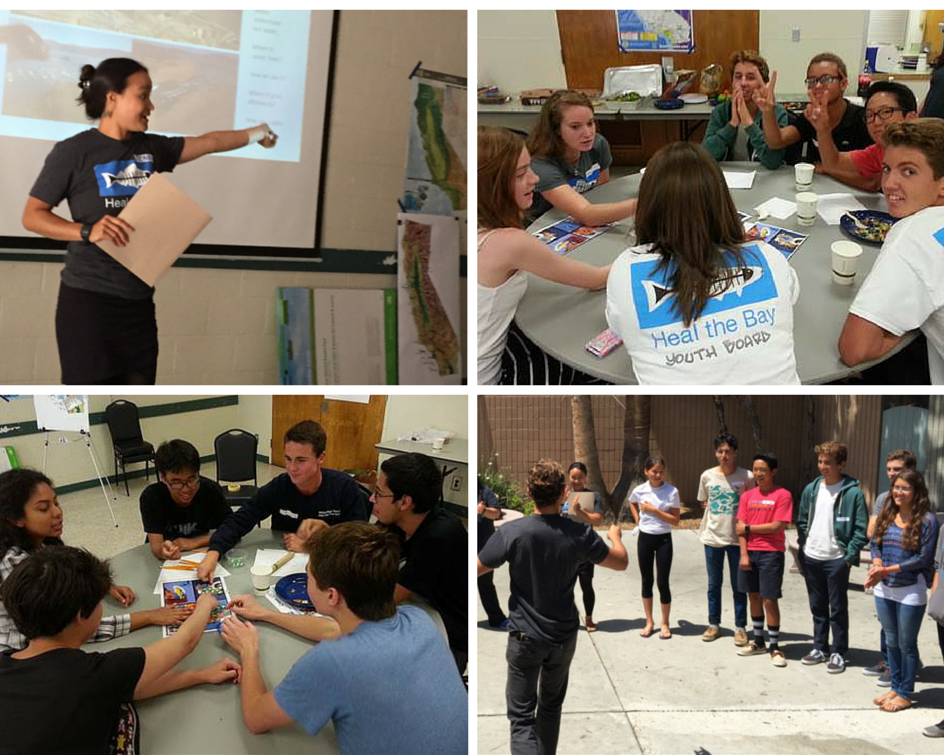The Kids Are Alright!
On Sunday, May 3, over 35 L.A.-area middle and high school students converged at a Heal the Bay-organized Youth Summit in Culver City to brainstorm drought-busting and water conservation strategies. The Summit was expertly coordinated by Programs Associate Jenn Swart, who has recapped the inspiring event below.
We’ve all heard about the drought. Whether it’s on TV, the radio or in the newspaper, the drought has got people talking about California’s water woes. But how do we know we are in a drought? Our taps are not regulated, we can take showers for as long as we’d like and the trees on our streets seem to be doing just fine.
This spring’s Youth Summit explored the nuts and bolts of California’s drought, with a specific focus on how young people can tackle such a complex challenge. The participants, ranging from 6th to 12th grade, gathered at the Veteran’s Memorial Complex in Culver City to get informed about where our state’s water comes from, why our water supply is at risk, and what they can do to help.
The “Water 101” workshop explored where our tap water comes from and how we use (or misuse) it once it reaches our faucets. Beyond “washing our dishes in the shower” and “going to the bathroom outside,” students were able to come up with concrete ways in which they could minimize their demand on our always precious and increasingly scarce reserves of water. We also explored the environmental impacts of bottled water, ranging from its contribution to ocean acidification due to the carbon-heavy manufacturing process to its leading role in making up the mostly-plastic Great Pacific Garbage Patch.
Using the dissuasion from drinking bottled water as an entry point, the summit also uncovered ways in which students could actively get involved with water issues at their schools. Students rotated through short workshops on how to gather data regarding the availability of and perceptions toward the drinking fountains at their schools–many of which are either non-functional or scarce in number. Through administering surveys, taking inventories and reaching out to their classmates and teachers, Heal the Bay hopes summit participants use their “campaign toolkits” to advocate for more drinking fountains and reusable bottle refill stations in their schools. We’ll be keeping in touch with participants over the next few months to see how their campaigns are going, and how Heal the Bay can help.
It was exciting and inspiring to see these young activists so “tapped” in to such an important issue!
Want to get involved in other youth-centric events hosted by Heal the Bay? Contact Jenn Swart!

Scenes from the summit


